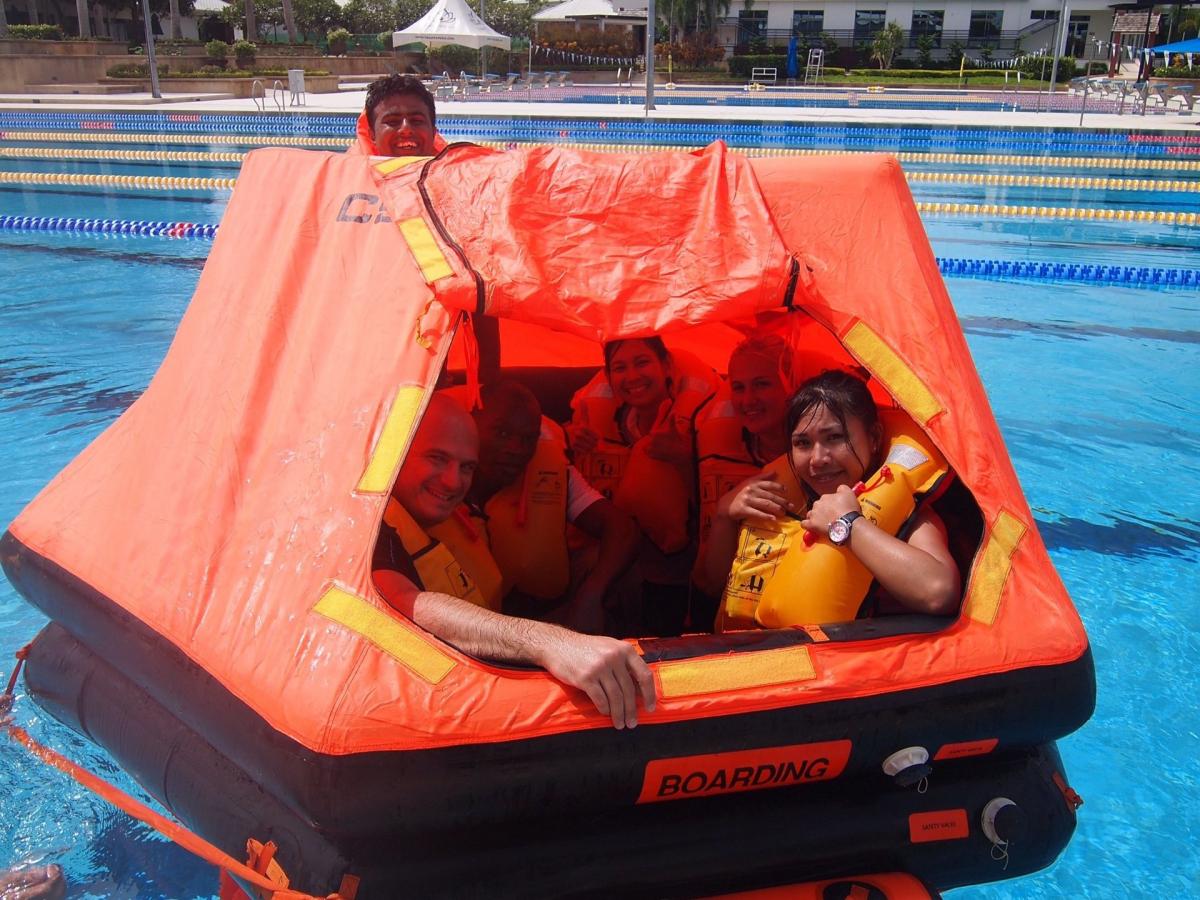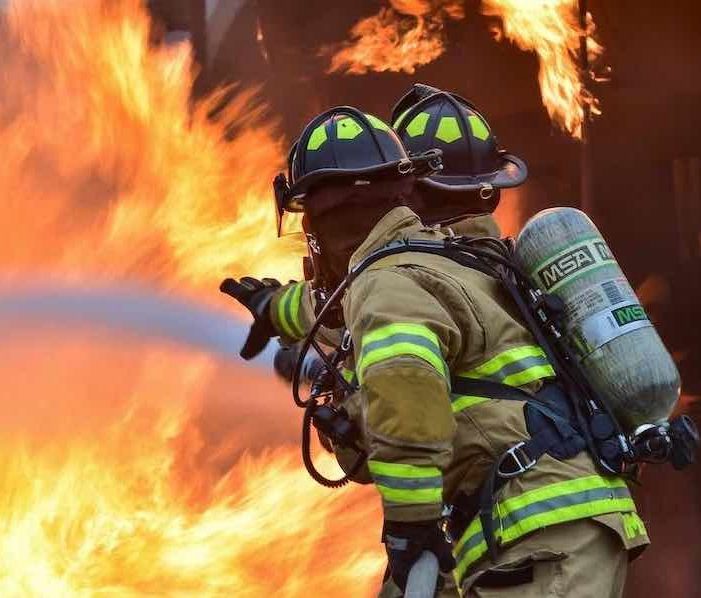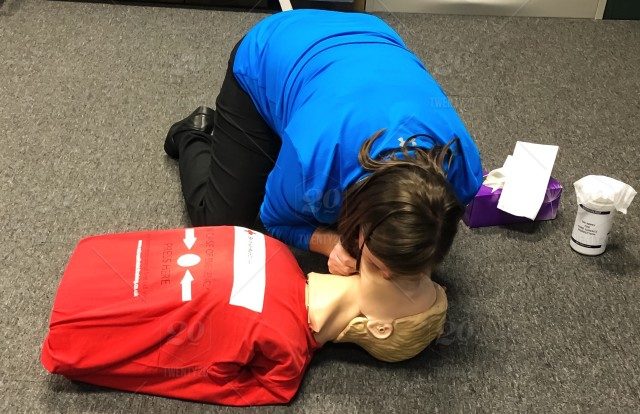Find out more about the STCW Basic Training Certifications
Find an STCW Training Centre Near You (Global Directory)
All yacht crew working on vessels greater than 24m are required to complete their STCW Basic Training. Although there is no legal requirements for certain vessel types less than 24m, captains and employers of these may still expect the certification to be held. For individuals who would like to qualify for employment on board a superyacht, the STCW Basic Training is mandatory, regardless of the crew department.
The STCW Basic Training Courses / Modules:
The courses/modules below are run on an individual basis with a certificate issued for each STCW module completed. The Basic Training courses can be done individually in different locations but it is advised to book courses in a grouped (STCW Basic Training) bundle pack, as discounts are offered.
The 4 STCW Basic Training Modules are as follows:
- Personal Survival Techniques | PST (A-VI/1-1)
- Fire Fighting Fire Prevention | FFP (A-VI/1-2)
- Elementary First Aid | EFA (A-VI/1-3)
- Personal Safety and Social Responsibilities | PSSR (A-VI/1-4)
-
Additional
Security-related training is usually bundled with basic training due to it being a common prerequisite for employment depending on vessel type and size. Read for more info.
- Proficiency in Security Awareness | PSA (A-VI/6-1) or Proficiency in Designated Security Duties | PDSD (A-VI/6-2)
Personal Survival Techniques | PST | STCW A-VI/1-1
The STCW Personal Survival Techniques (PST) teaches candidates information and procedures regarding emergencies, evacuations, life rafts, survival equipment, rescue operations, support services, as well as other important life-saving techniques and appliances.
PST or Personal Survival techniques is usually a 2-day course. The first day is classroom based and is comprised of theory lessons and a written exam. The second day consists of practical training followed by a practical exam where students will have to show the required level of proficiency with survival crafts and procedures, usually conducted in a swimming pool.
Candidates who complete the PST training in accordance with the STCW code (Section A-VI/1-1) will be awarded a PST certificate.

Fire Fighting & Fire Prevention Techniques | FFP | STCW A-VI/1-2

Basic firefighting and fire prevention is an important module of the STCW Basic training. The course is comprised of both classroom work and examinations as well and live fire field exercises and drills.
Trainees will be required to don firefighting protective equipment and breathing apparatus before entering a live fire environment. A series of fires will have to be extinguished while conducting emergency & rescue drills.
Classifications of fires and the appropriate measures for extinguishing them are important parts of the course. Emergency systems, procedures, and other elements are also covered.
Candidates who complete the Basic Fire Fighting & Prevention in accordance with the STCW Code (Section A-VI/1-2 will be awarded a Fire Fighting and Fire Prevention Techniques Certificate.
Elementary First Aid | EFA | STCW A-VI/1-3
The STCW Elementary First Aid course is a combination of theory and practical training sessions.
The primary focus is to ensure that candidates know how to respond to the most common medical emergencies. Training includes CPR, stretchers, moving patients, bandaging, splint methods as well as familiarisation of the most common medical conditions with the specific type of equipment on board.
Candidates who complete the Elementary First Aid Course in accordance with the STCW Code (Section A-VI/1-2 will be awarded an Elementary First Aid Certificate.

Personal Safety & Social Responsibilities | PSSR | STCW A-VI/1-4

PSSR is a theory-based STCW Basic Training course, including s written examination. It offers an introduction to accident prevention, safety procedures, safe working practices, communication & interaction with other crew, pollution prevention duties, legal rights, as well as other important topics.
The course ensures that candidates understand and hold the knowledge required to maintain a safe and efficient work environment for themselves and those around them.
Candidates who complete the PSSR training course in accordance with the STCW Basic Training Code (Section A-VI/1-4 will be awarded a Personal Safety & Social Responsibilities (PSSR) certificate.
Proficiency in Security Awareness | PSA | A-VI/6-1
Commonly included in STCW Basic Training packages, the Proficiency in Security Awareness is a mandatory course for seafarers employed or engaged in any capacity on ships that are required to comply with the ISPS Code. For yacht crew, this applies to commercial yachts of more than 500 gross tons.
Although it may not be a legal requirement for some private yachts or yachts under 500 gross tons, it is often still requested by the captain, owner, or employer of the vessel. It is therefore strongly recommended for all yacht crew who are seeking employment options.
The Proficiency in Security Awareness course can be done in the classroom or online.
Candidates who complete the Proficiency in Security Awareness in accordance with the STCW Training Code (Section A-VI/6-1) will be awarded a Proficiency in Security Awareness Certificate.

Proficiency in Designated Security Duties | PDSD | A-VI/6-2

The STCW Proficiency in Designated Security Duties (PDSD) training is mandatory for all seafarers working on board vessels with designated security duties. With an increasing demand for crew working on board superyachts to engage in these duties, it is advisable to complete the PDSD course as an alternative to the PSA course (It may also be done at a later stage).
Candidates who complete the Proficiency in Security Duties in accordance with the STCW Training Code (Section A-VI/6-2) will be awarded a Proficiency in Designated Security Duties Certificate.
STCW Course Locations:
Select a location to view and connect with the best STCW Basic Training Schools in the area.

Frequently Asked Questions
STCW stands for the International Convention on Standards of Training, Certification, and Watchkeeping for Seafarers (International Maritime Organization)
Every 5 years.
The STCW guidelines require candidates to refresh their Personal Survival Techniques (PST) and Fire Fighting & Fire Prevention Techniques (FFP) certificates every 5 years.
All maritime authorities that issue certificates need to adhere to these guidelines. Local authorities may set expiry dates on additional certificates even though it is not a requirement as per the STCW code.
For example, The South African Maritime Safety Authority (SAMSA) sets a 5-year expiry date on all of their certificates (For Elementary First Aid & Personal Safety & Social Responsibilities (PSSR) in addition to the PST & FFP certificates. Due to the fact that they do not offer refresher courses and the majority of other maritime authorities do not have this requirement, candidates are often required to redo the entire module in question.
It is not common for Maritime Authorities to do this but it is important to understand the implications of which maritime authority you are certified through, as it may result in further time and cost requirements in the future.
STCW 95 refers to the 1995 amendment to the Standards of Training, Certification, and Watchkeeping of Seafarers, originally set in 1978.
There have since been further amendments in 2010, often referred to as the Manilla amendments.
It is therefore common to see variations of the STCW such as STCW 95, STCW 2010, STCW Manilla Amendments.
STCW 2010 refers to the 2010 amendments to the International Convention on Standards of Training, Certification & Watchkeeping for Seafarers, in Manilla.
These amendments are therefore also referred to as the manilla amendments.
Most in-class STCW Basic training courses take 5 days to complete (for an in-class course).
It can take up to 10 days (including Proficiency in Security Awareness or Proficiency in Designated Security Duties which can be done online instead) in South Africa and as short as 2 days with blended training options in the USA (2 days for practical training and the remainder to be done online).
The length of the course depends on the location, training provider, and the local guidelines set by the local maritime authority under which the course is regulated.
Find an STCW Training Course Near Me
Use the filters in our global directory to find a course closest to your desired location
